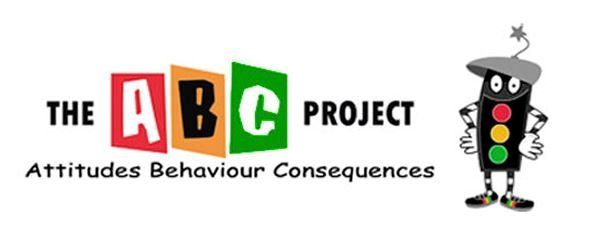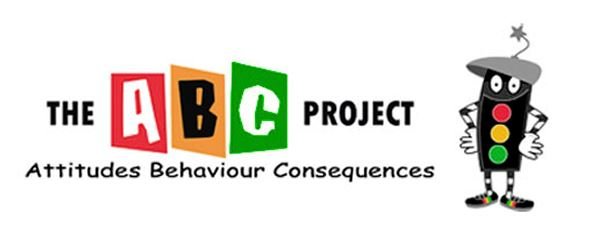

Read it!
Borrowing or Stealing?
Borrowing or Stealing? - the differences
It is important to know the differences between borrowing and stealing:
- so that you know right from wrong
- so that you don't commit an offence
To borrow an item of property we must make sure that:
- we ask permission before we borrow
- the owner must give us permission
- we realise that the property we borrow does not belong to us so we can not keep it forever. We only have it temporarily
- the item we borrow will be returned to the rightful owner
- we have the intention to return the property
- we return the property in the condition it was when we borrowed it
The owner has the right to attach conditions, for example, returning the item we borrowed on a certain day or date.


Stealing is very different from borrowing.
Stealing is a crime, and we can describe it like this:
- Andy knows he must not take someone's tablet without permission
- The tablet belongs to Ghada
- Andy does not believe that Ghada would loan him her tablet
- Andy takes the tablet anyway
- Andy does not intend to give back the tablet to Ghada
The person stealing is being dishonest.
How stealing affects victims
- Unfortunately, someone is always hurt by stealing
- In 2019 (*), retail crime (including shoplifting) costs each member of a family £73 extra per year on their shopping bill to cover the costs of shoplifting and other stealing
- Taking something that does not belong to you can have terrible consequences on the person you steal from
*For more information about the value of property stolen from shops and stores, follow the link below
https://www.retailresearch.org/crime-costs-uk.html

How a victim of crime might feel
- "Why me?"
- "What did I do wrong?"
- "I feel so sad."
- "I am too afraid to live here now."
- "Is someone still watching me?"
- "I can't ever replace what I have lost."
- "My memories have been destroyed."
- I am so angry that this has happened to me."
Can you think of:
- any more emotions that they might feel?
- any more questions that they might ask themselves?
It might be helpful, if you wrote them in a list.
Consequences of stealing
Read this example:
Andy is 10* years old. He sees a fancy pen inside a store. It is the same as those they used on the flights into outer space. It writes under water, and you can write with it when holding it upside down. Andy hasn't enough money to buy it but decides to take it anyway. What might happen to him?
- the store owner might tell Andy's parents
- the police could be called because stealing is a crime, and Andy is a young person old enough to commit a crime
- if Andy has stolen before, he might have to agree to an acceptable behaviour agreement, and if he were an adult, Andy might have been arrested and taken to court, where he could be fined and ordered to do unpaid work in the community, or even sent to prison
- if Andy had been an adult, charged and then found guilty at court, it could make it more difficult for him to get a job
- if Andy gets a reputation for being dishonest, it could make it difficult for him to make or keep good friends
* In the United Kingdom, the law says that the age of criminal responsibility is 10 years or older. That means, once you reach the age of 10 years,
the law treats you as knowing right from wrong. You are responsible in law for your actions.
To view the presentation, press the white triangle, above left, to play and wait.
Test It!
When you think you have learned all the information about
'Borrowing and Stealing' click the Test It! button opposite to test yourself
